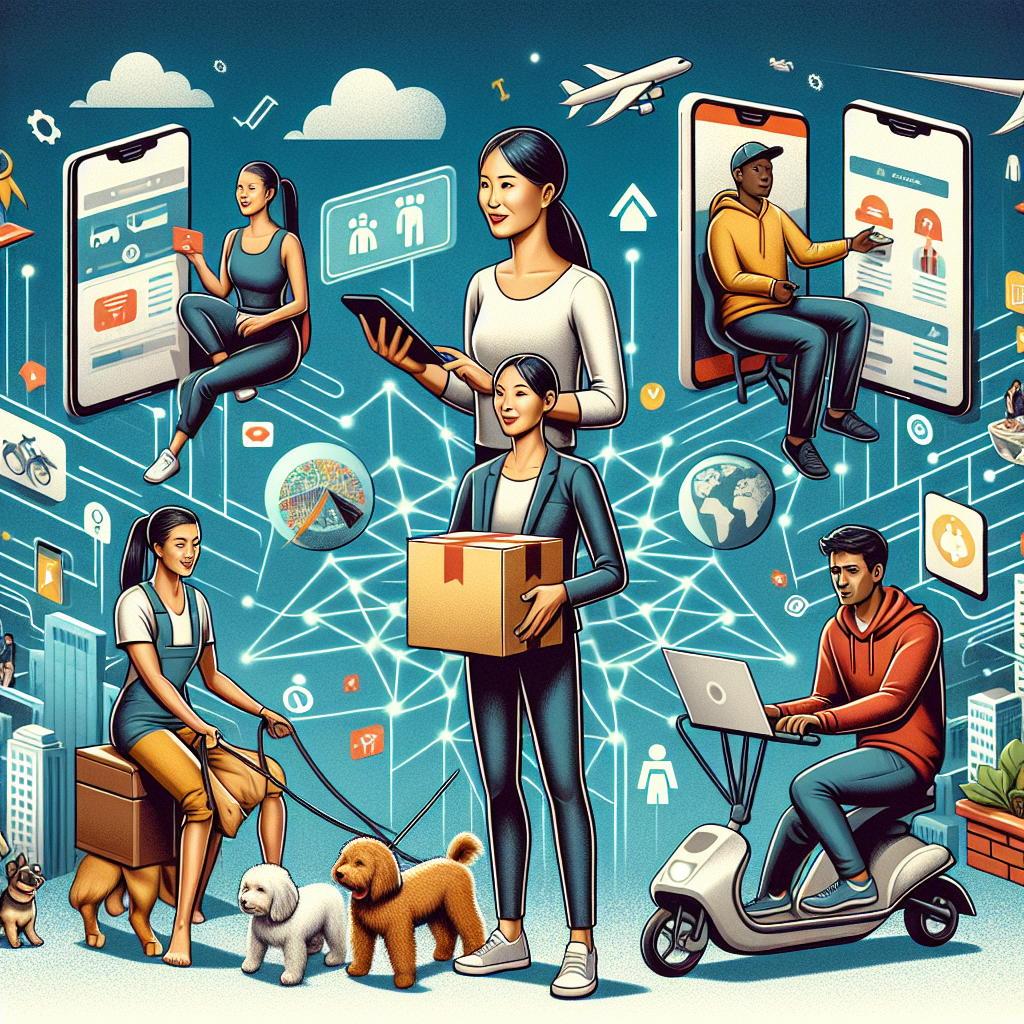The Gig Economy Battle: Trump vs. Harris
The rights of millions of gig workers in the U.S. could be significantly impacted by the upcoming presidential election. Trump and Harris have outlined differing policies, with Republicans supporting less regulation and Democrats advocating for more protections. The industry faces changes amid debates on worker classification and benefits.

The rights of millions of independent workers in the United States may hinge on the presidential election, with supporters of the candidates pushing widely divergent views of how federal policy should regulate the gig economy.
In the United States, workers who find jobs via apps are mostly treated as independent contractors and have far fewer legal protections than traditional employees. Estimates of how many people earn money this way vary widely. The U.S. government has said it could be between 5 million and 30 million workers.
Industry group Flex said that 4.3% of American workers make money from an on-demand app. A study by the University of Chicago showed the number of people who collected income from one of these platforms tripled between 2017 and 2021. The Democratic and Republican parties have staked out different positions on how this work should be regulated, although presidential candidates Donald Trump and Kamala Harris have not made it clear how they would approach the sector.
(With inputs from agencies.)










